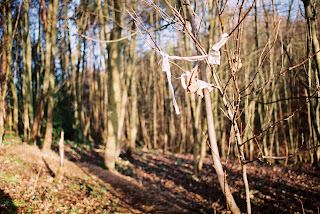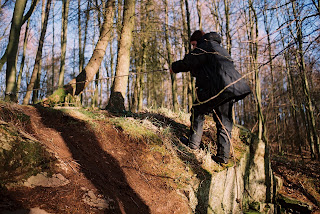"Opal School Online is a new collection of articles and videos designed to promote collaboration and dialogue amongst parents and reachers around the world. Provocations, reflection protocols, links to additional resources and an online forum moderated by Opal School teacher researchers during the month of October 2012 will be offered to support connections and create new relationships between social constructivist teachers who so often find themselves working in isolation."
The course will be five weeks long, and each week will have a different focus. The topics included are Supporting the Social and Emotional Intelligences in Children, The Power of Playful Inquiry, Organizing for Playful Inquiry, Making Thinking and Learning Visible, and The Arts as Languages for Learning. The course is completely online, so no matter how near or far you are from Oregon, you can participate.
The Portland Children's Museum and Opal School have a wonderful relationship, promoting teacher learning through a variety of workshops. They have a successful Summer Symposium that I have never been able to attend, despite living in the Northwest. I'm so excited to participate in this course, making connections to people and ideas that can help me further my teaching practice. I hope that you'll join in, too!
You can learn much more about the course here, and I encourage you all to read more about the Portland Children's Museum and Opal School as well.
You can register online, and if you register by August 31st, you'll be eligible to win a spot at next year's Opal School Summer Symposium in Portland, Oregon from June 20th to 22nd! The rate for the course is incredibly reasonable for a Professional Development opportunity, and it is an amazing value when you consider the reputation of the Summer Symposium.
Take a peek at the sample curriculum for the first week, and then sign up! There is also a link in the sidebar that brings you to registration, also.















